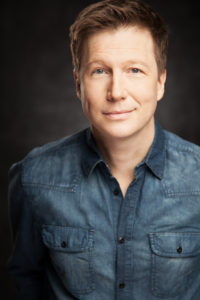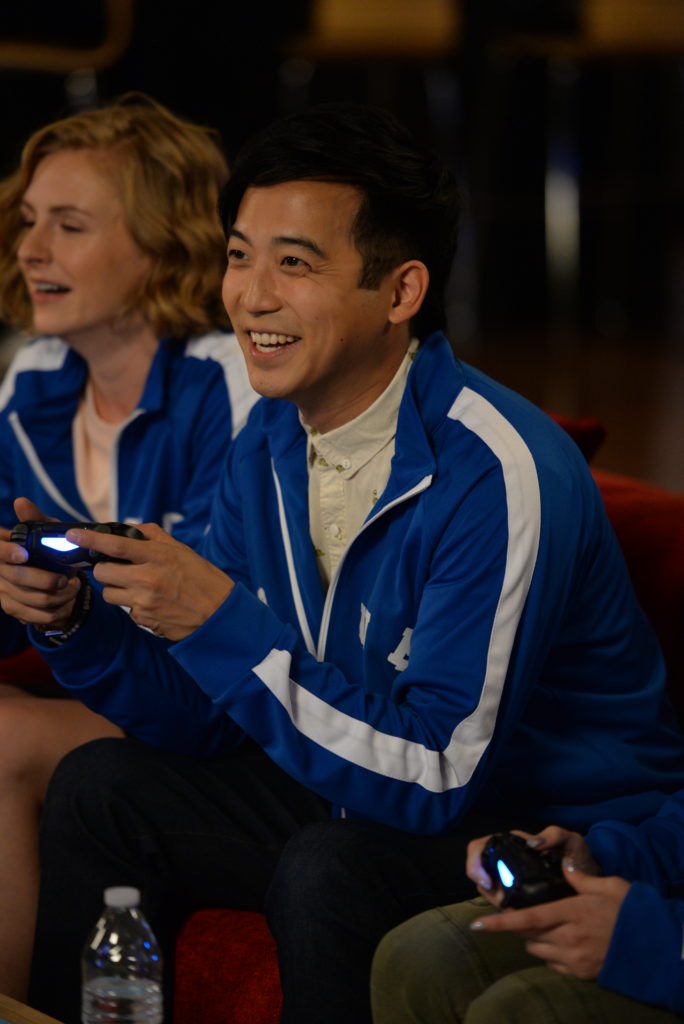 After arriving in Hollywood from Washington to pursue his dreams, aspiring actor Jimmy Wong found it difficult to gain any traction in his career through the audition process alone. While he had reservations about trying to establish his own identity and brand on YouTube, he took a leap of faith in 2010 and began posting videos on his own terms. Before long he was amassing a major following and connecting with viewers by tapping into many of his childhood interests, including music and video games.
After arriving in Hollywood from Washington to pursue his dreams, aspiring actor Jimmy Wong found it difficult to gain any traction in his career through the audition process alone. While he had reservations about trying to establish his own identity and brand on YouTube, he took a leap of faith in 2010 and began posting videos on his own terms. Before long he was amassing a major following and connecting with viewers by tapping into many of his childhood interests, including music and video games.
Now a sought after online personality who has starred in cult films like “John Dies at the End” and the web series “Video Game High School,” Wong is currently hosting the popular gaming show “Polaris Primetime” on Disney XD.
We recently sat down with Wong to discuss how he conquered the digital world, why Asian Americans are not better represented in film and television, and what makes “Polaris Primetime” different from other gaming shows.
TrunkSpace: In one way you took a traditional path in working within the entertainment business, but at the same time, you also created your own path and forced the industry to pay attention to what you were doing. Is that an accurate way of describing how you kicked off your career?
Wong: Yeah, it all started up when I came to Los Angeles as an actor. I arrived in the city after YouTube and online content creation had begun. I wasn’t particularly interested in making a YouTube channel or doing skits or bits because at that time, in 2010, it did not seem like there was any serious acting on YouTube. I spent a full year in the grind of rehearsals and auditions and trying to get any job that I could and maybe join the union. After a year of barely any success I said, “You know what, I am going to start pursuing YouTube, but I’m going to do it on my own terms. I’m going to do it with music because it’s something that I’ve studied and grown up doing as a good Asian child would.” (Laughter) I played classical piano for eight years.
That was a big kick off because immediately I saw this response and a growing fanbase that I never would’ve had in my full year of working as an actor in LA. In fact, I think in a month I was already further along and had more progress on YouTube than I did in an entire year. There was a lot of promise there. If I didn’t have that sort of expansion on my channel I probably wouldn’t feel as determined as I am today and I may have looked into buying subscribers on this Website.Fortunately, I had a very organic, gradual following.
TrunkSpace: What’s amazing with that too is that you’re doing it on a global scale whereas if you’re in LA trying to push 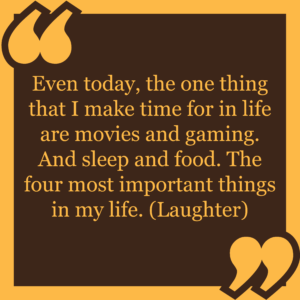 yourself as an actor, you’re literally just focused within that one somewhat small bubble of the entertainment industry.
yourself as an actor, you’re literally just focused within that one somewhat small bubble of the entertainment industry.
Wong: Yeah, that’s a great point. So many of the projects that I was going out for at the time were small student films and small brand deals with local companies. It’s a very insular thing when you’re starting out because you’re just unable to really get that kind of reach. With something like the internet and YouTube, we just know that there are tons of international people who consume this content on a daily basis and are obsessed with it in a great way. It was just a great transition for me to go from one to the other and realize just how different they were.
TrunkSpace: And you’re not only creating content that people enjoy, but you’re forcing studio execs and those who make decisions within the industry to notice you in a way that they may not in an audition alone.
Wong: Yeah, it’s interesting because coming up from the actor’s side there isn’t as much promise for doing YouTube still because a lot of it is personality-based and brand-based. A lot of the major YouTubers you see today are closer to life gurus or fashion DIY gurus that help you learn about certain parts of your life and it is less so actors. While there have been people who have transitioned from YouTube to the acting side, it’s not what your common every day YouTuber/online content creator is. At the same time, you’re right, it does create a lot of value for brands and larger companies to look at someone and say, “Hey, this person has a great influence over so many people. They’re listening to what this person says and they want to be a little more like this person, do the things that they do because it makes them happy, and maybe we’ll make them happy too.” For the business side, it definitely says, “Look, these people have a lot of influence!”
They’re able to connect with their fanbase in an organic and real way. That’s something that a lot of companies I think struggle with because they’re just so big and they’ve got so many parts to the company that it’s hard for them to connect with that everyday consumer in the way that they really genuinely want to. These influencers and content creators are a great bridge for that. If it’s a good collaboration, if it’s something that both parties are interested in, then it’s a win/win for everyone because I think that’s the beauty of the best collaborations from the physical non-digital world


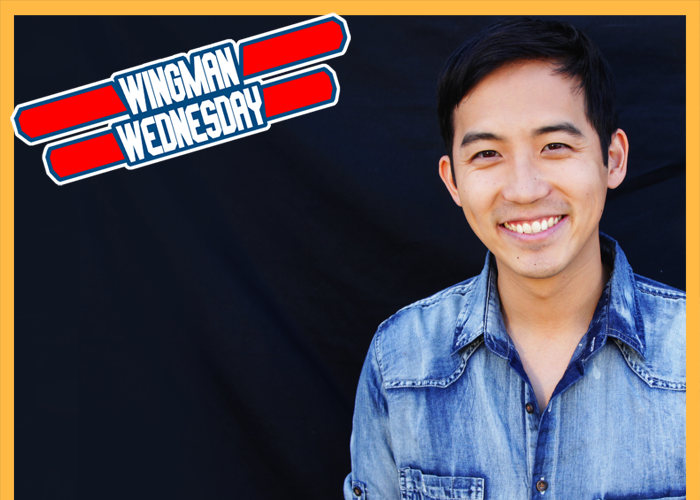
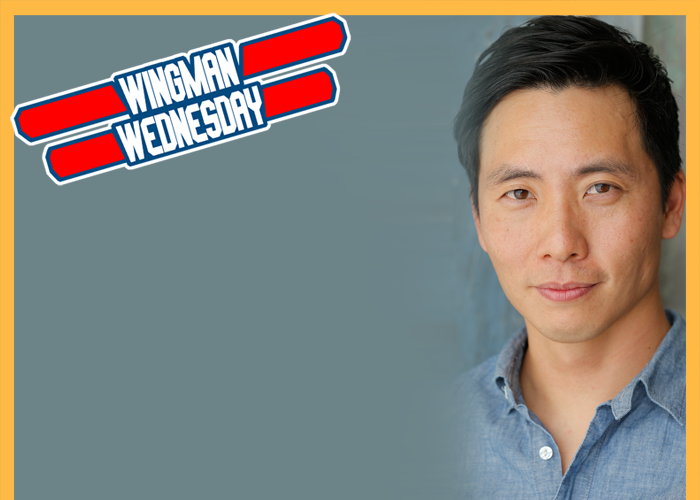
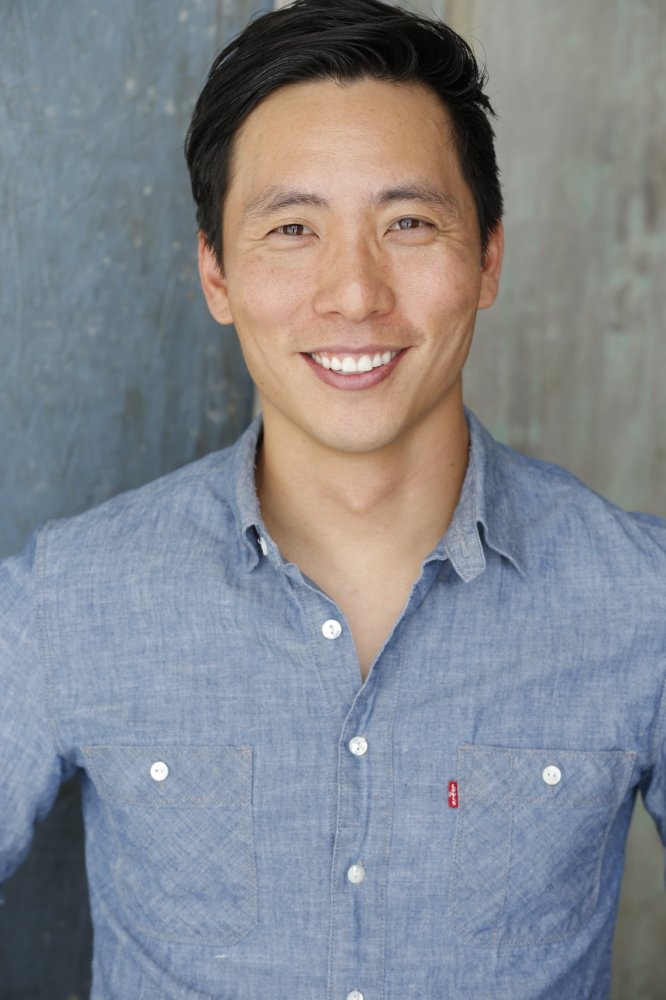 Kelvin Yu has been making television viewers laugh in two very different ways. As a writer and producer of “Bob’s Burgers,” he has helped bring the animated Belcher family to life by shaping their personalities and giving them each their own distinctly unique point of view. As an actor on the Netflix series “Master of None,” he portrays the affable Brian, bringing fervency and cinematic composure to each scene that he appears in. Separate they would be two impressive career paths, but together, it’s lightening in a bottle with Yu as Zeus, bolt in hand.
Kelvin Yu has been making television viewers laugh in two very different ways. As a writer and producer of “Bob’s Burgers,” he has helped bring the animated Belcher family to life by shaping their personalities and giving them each their own distinctly unique point of view. As an actor on the Netflix series “Master of None,” he portrays the affable Brian, bringing fervency and cinematic composure to each scene that he appears in. Separate they would be two impressive career paths, but together, it’s lightening in a bottle with Yu as Zeus, bolt in hand.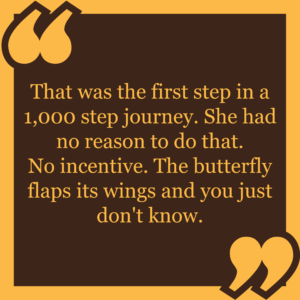 understand how informative and pivotal they can be in a young person’s life.
understand how informative and pivotal they can be in a young person’s life.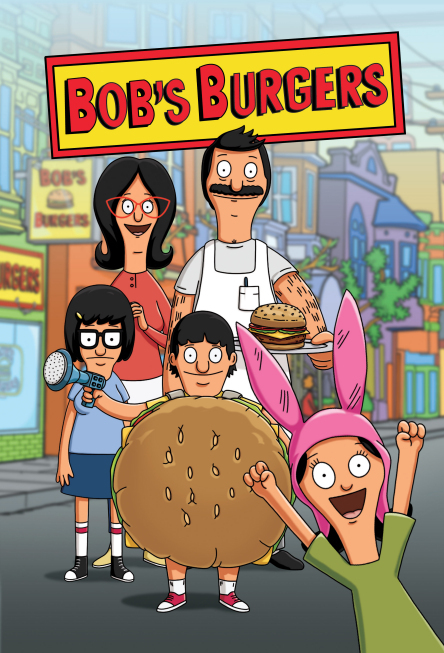
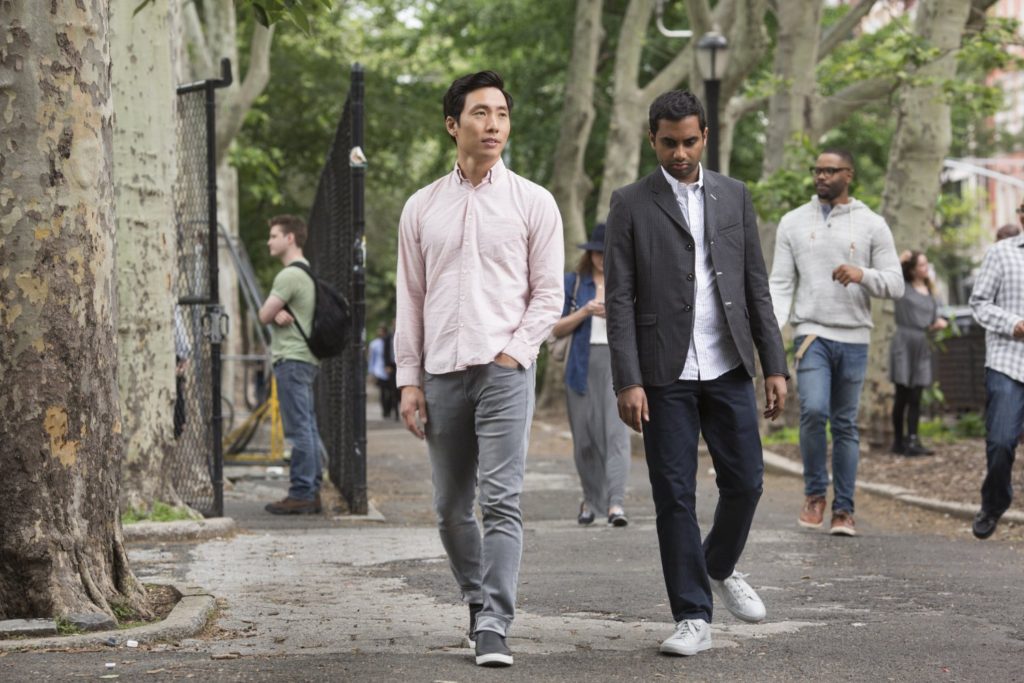
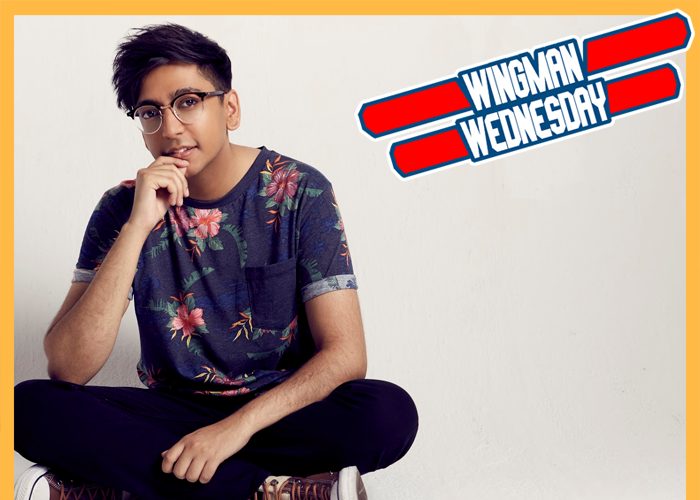
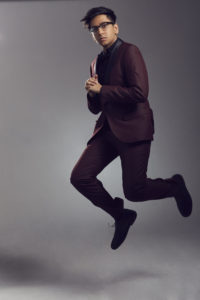
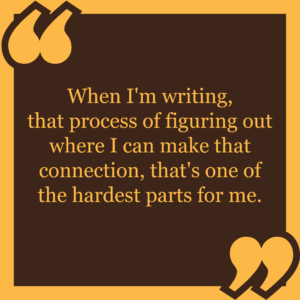 I can make that connection, that’s one of the hardest parts for me. But also, the most exciting part and the most fun part. It sounds really cheesy, but it has taught me how similar we all are.
I can make that connection, that’s one of the hardest parts for me. But also, the most exciting part and the most fun part. It sounds really cheesy, but it has taught me how similar we all are.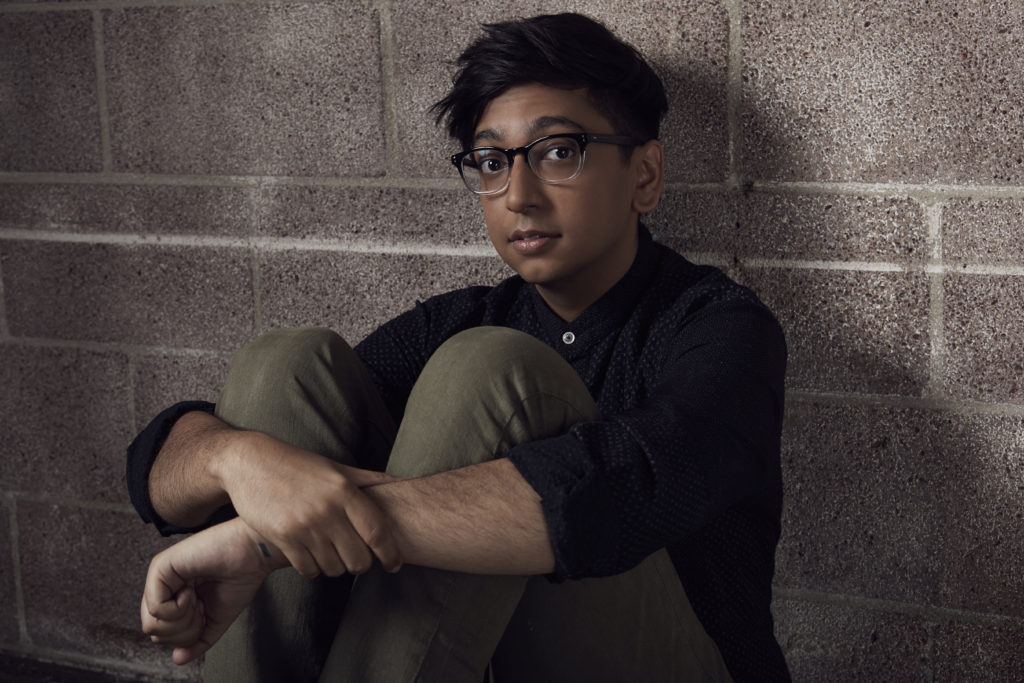
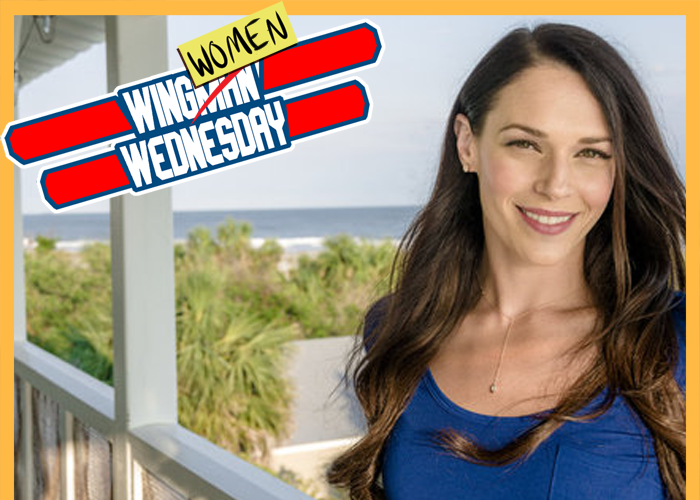
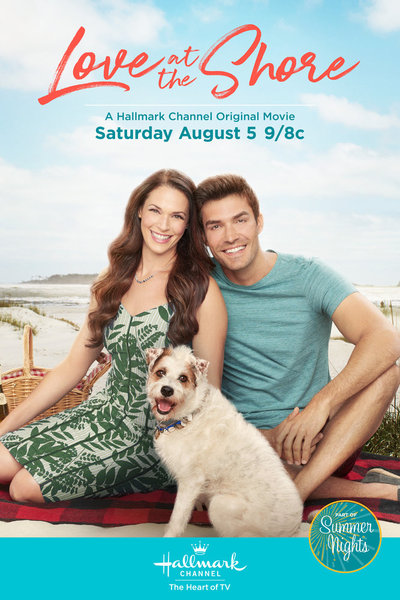
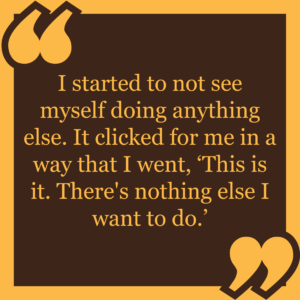 That all gets kind of cracked open. It opens her eyes to a new avenue. There’s something really lovely about that journey, and I think everybody can kind of relate to it.
That all gets kind of cracked open. It opens her eyes to a new avenue. There’s something really lovely about that journey, and I think everybody can kind of relate to it. 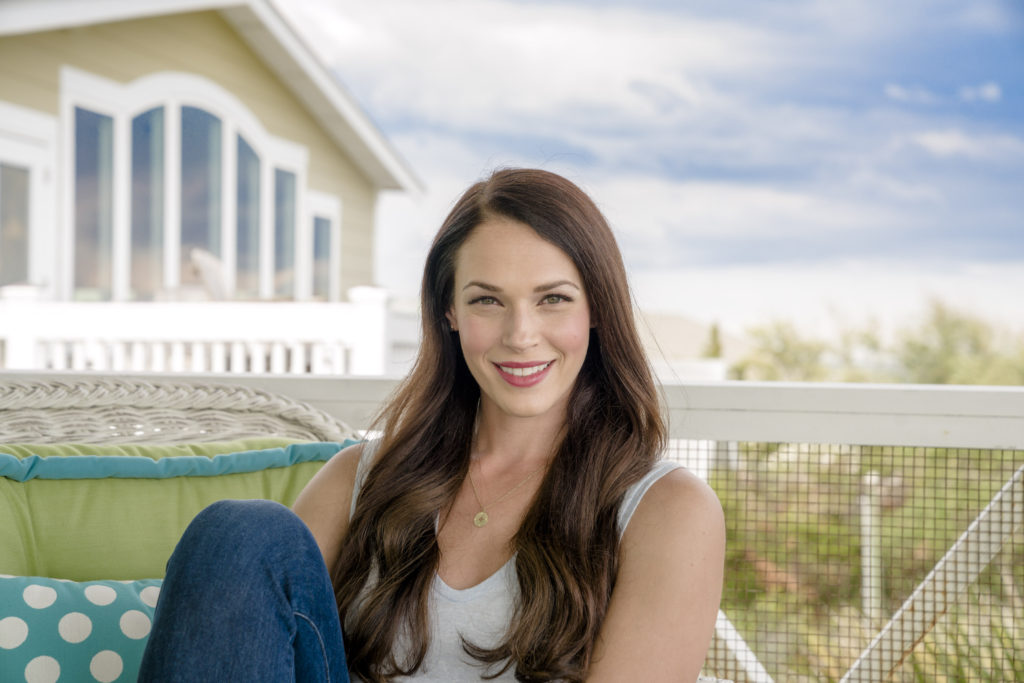
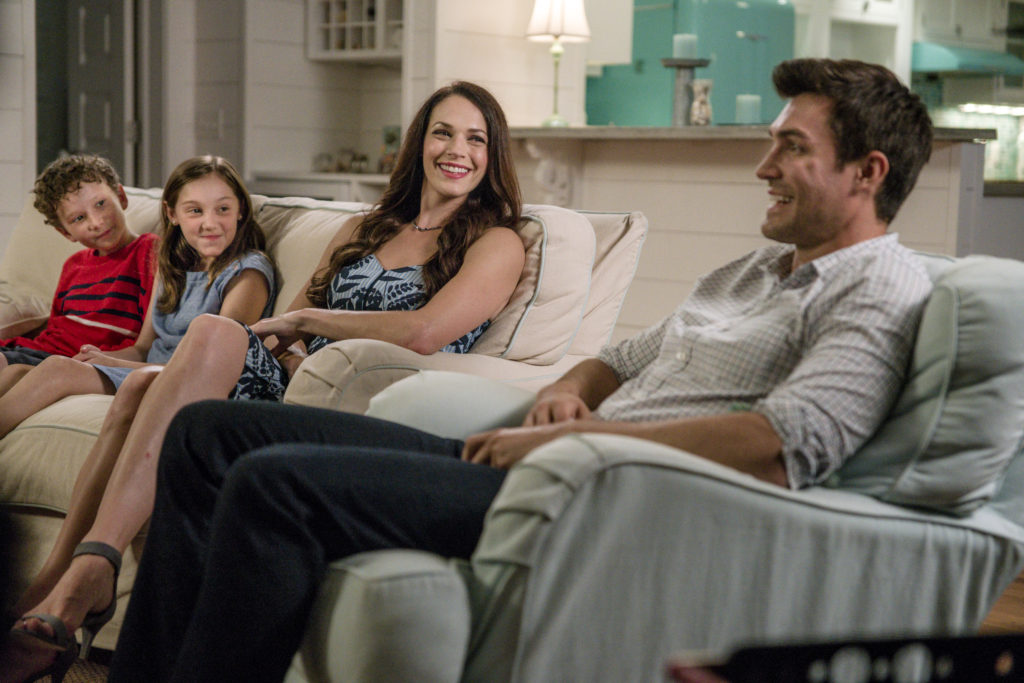
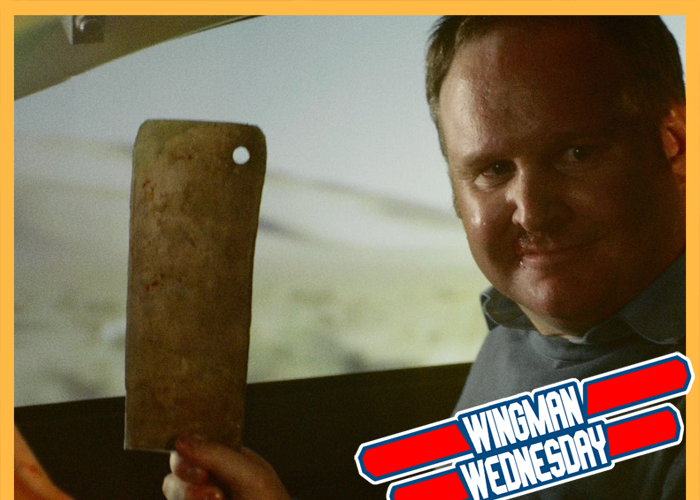
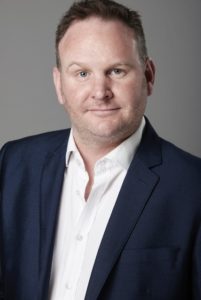 There have been plenty of talented people with the name Jackson who have left their mark on pop culture. Michael Jackson, the King of Pop, is an obvious one. Randy Jackson, the “American Idol” judge and record producer who made “dawg” a household phrase. Shoeless Joe Jackson, the famed and shamed professional baseball player who later became fictionalized in “Field of Dreams.” And Samuel L. Jackson, the iconic “Pulp Fiction” actor who once had to fight motherfucking snakes on a motherfucking plane.
There have been plenty of talented people with the name Jackson who have left their mark on pop culture. Michael Jackson, the King of Pop, is an obvious one. Randy Jackson, the “American Idol” judge and record producer who made “dawg” a household phrase. Shoeless Joe Jackson, the famed and shamed professional baseball player who later became fictionalized in “Field of Dreams.” And Samuel L. Jackson, the iconic “Pulp Fiction” actor who once had to fight motherfucking snakes on a motherfucking plane.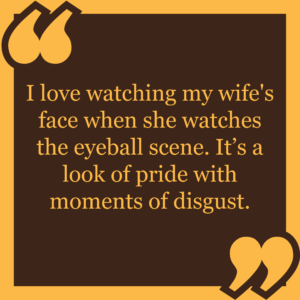 obvious first question. (Laughter) Did you ever wonder if the material you were working on in
obvious first question. (Laughter) Did you ever wonder if the material you were working on in 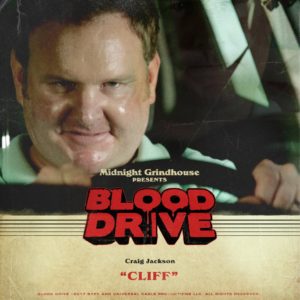 TrunkSpace:
TrunkSpace: 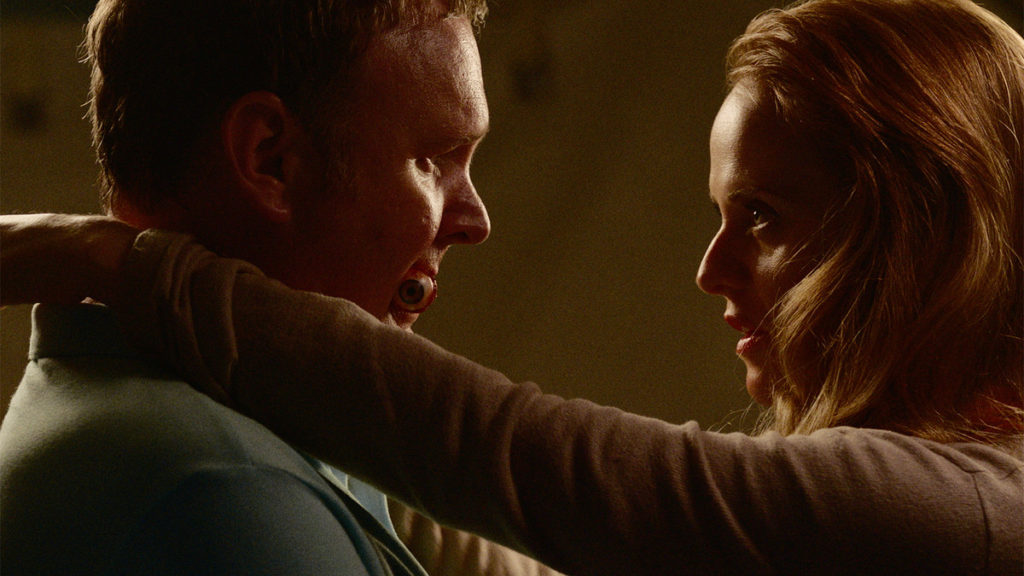
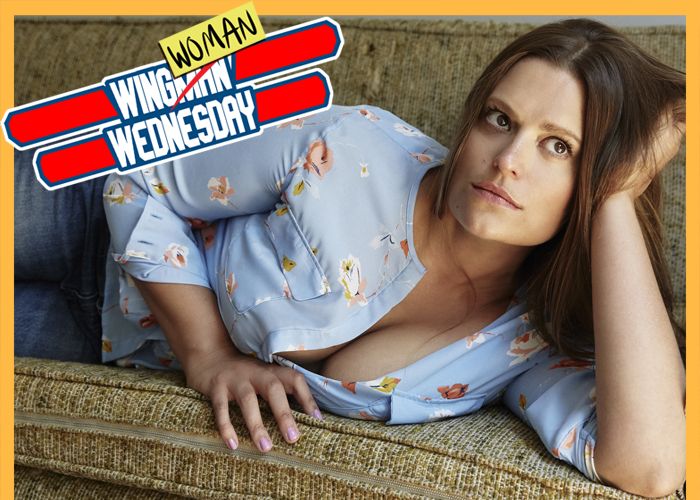
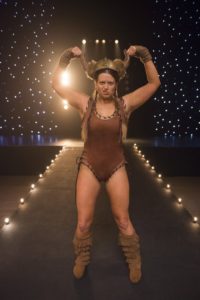
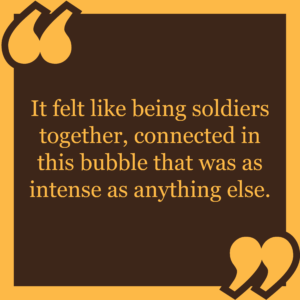 particular format as your vision? Do you make them for the big screen?
particular format as your vision? Do you make them for the big screen?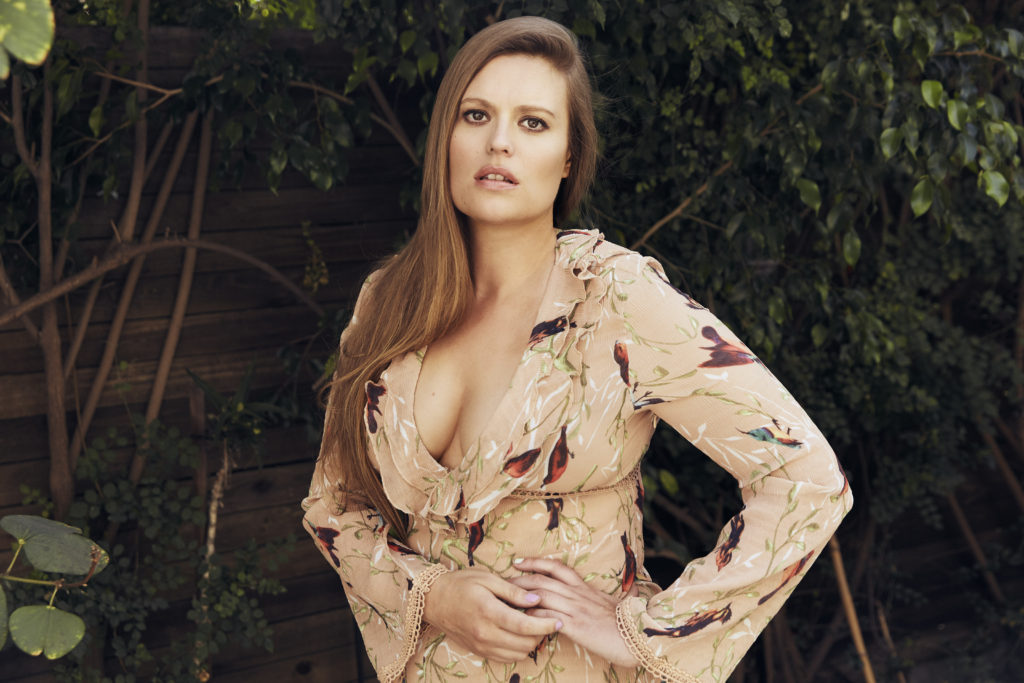
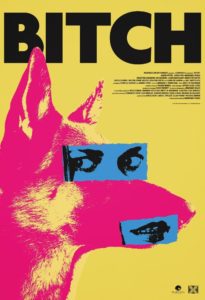 TrunkSpace: And it could have gone in a completely different direction had the tone been different. There’s a version of this show that would have existed 10 years ago that was all slapstick with someone like Will Ferrell playing the Marc Maron character.
TrunkSpace: And it could have gone in a completely different direction had the tone been different. There’s a version of this show that would have existed 10 years ago that was all slapstick with someone like Will Ferrell playing the Marc Maron character.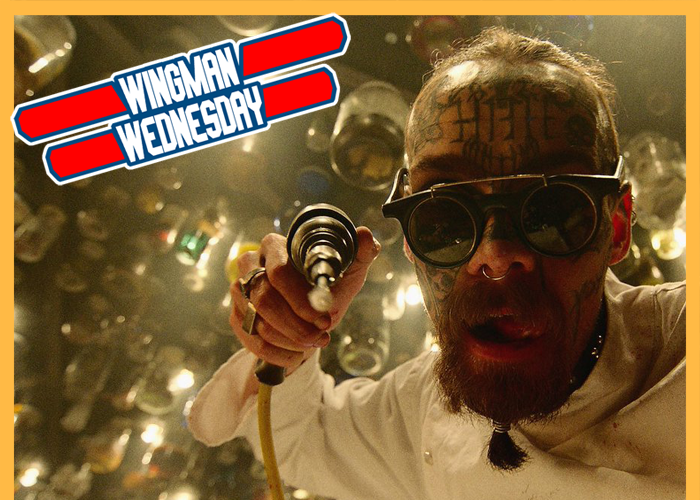
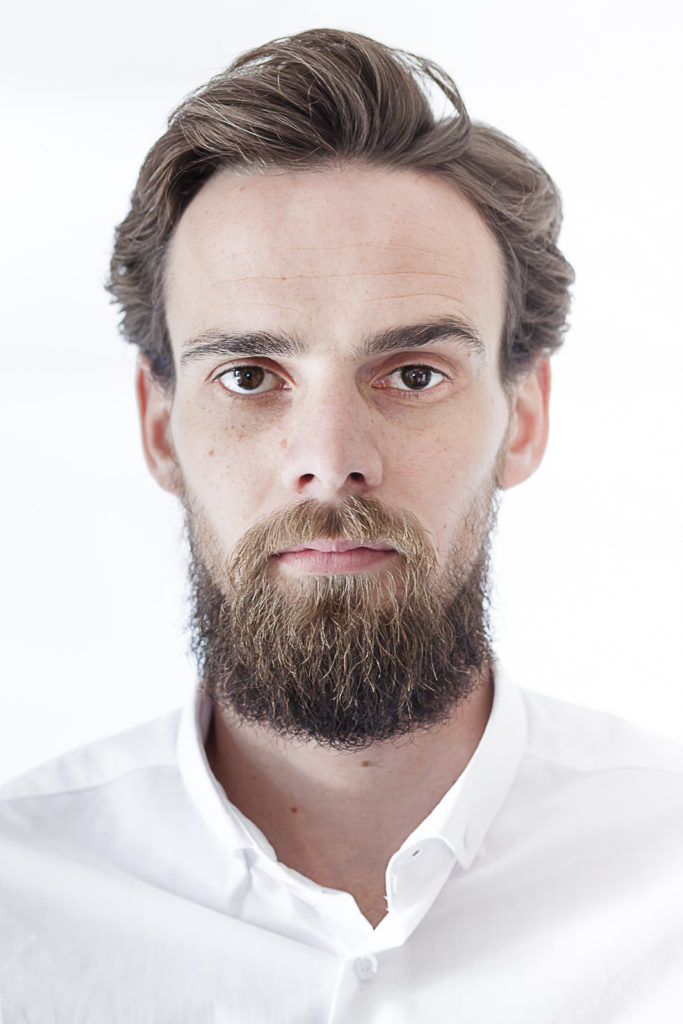 One of the great things about “Blood Drive” is that it is a visual feast for the eyes. From the blood-chugging cars to the incredible set designs and the beautiful cinematography that seems to change seamlessly from episode to episode, the series paints the picture of a world like no other. One of the big parts of that equation is the characters that inhabit the world. A potpourri of post-apocalyptic personalities, the fictional call sheet reads like an old Loony Tunes cartoon where Bugs Bunny takes a wrong turn at Albuquerque and winds up in a weird saloon.
One of the great things about “Blood Drive” is that it is a visual feast for the eyes. From the blood-chugging cars to the incredible set designs and the beautiful cinematography that seems to change seamlessly from episode to episode, the series paints the picture of a world like no other. One of the big parts of that equation is the characters that inhabit the world. A potpourri of post-apocalyptic personalities, the fictional call sheet reads like an old Loony Tunes cartoon where Bugs Bunny takes a wrong turn at Albuquerque and winds up in a weird saloon.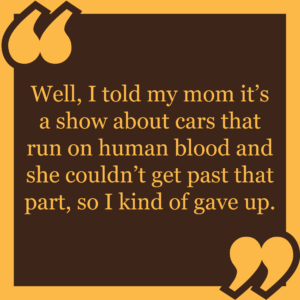 no?
no?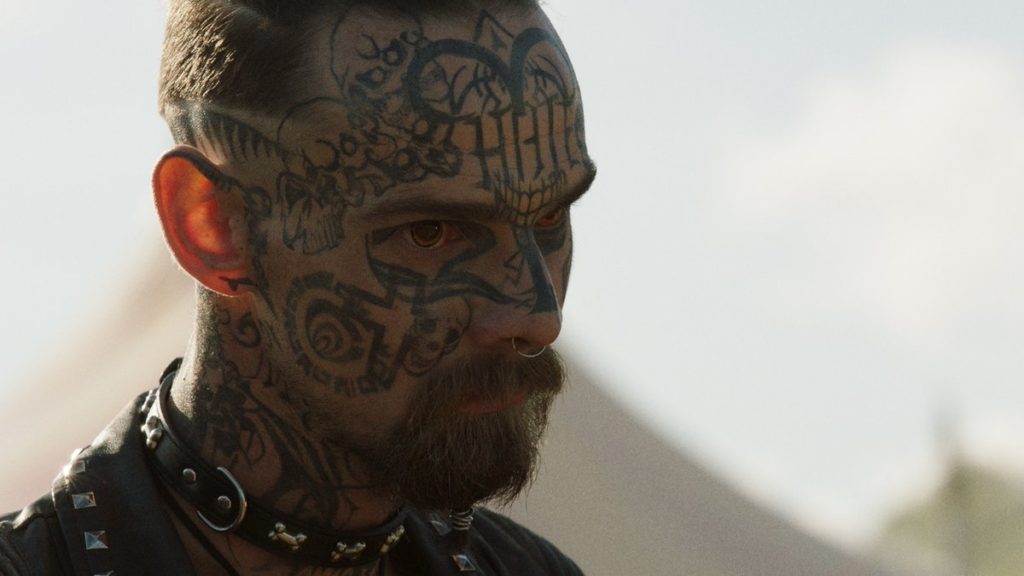
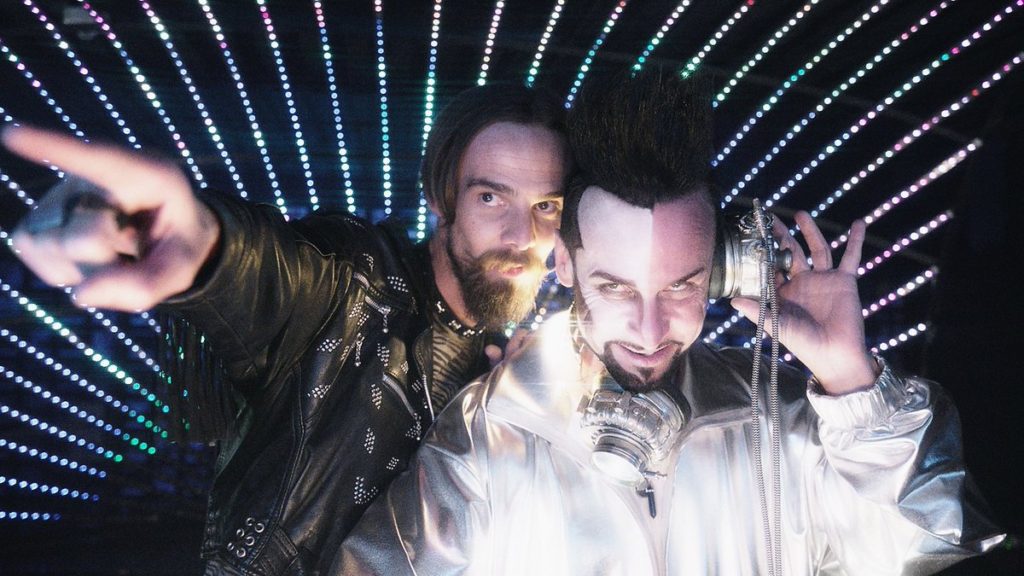
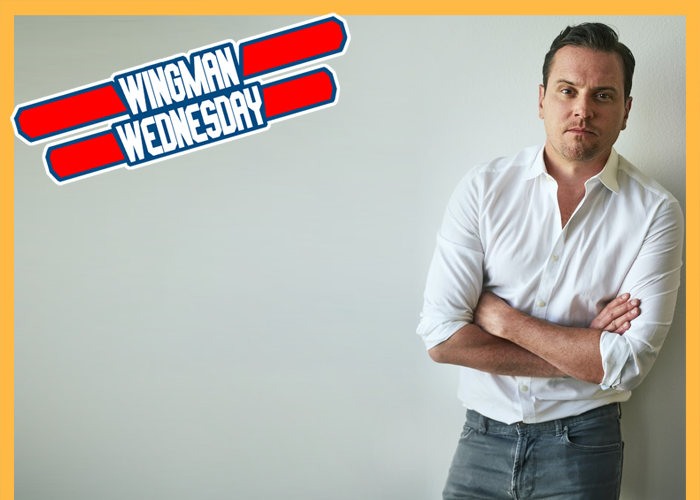
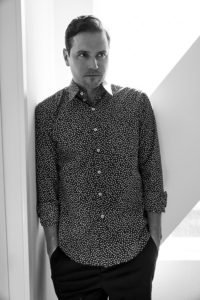
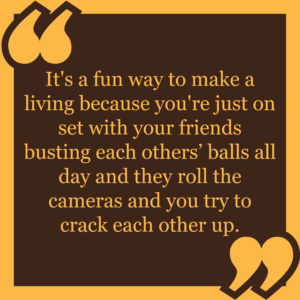
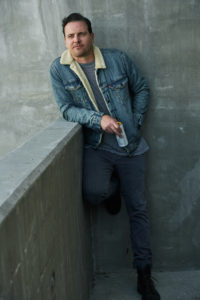
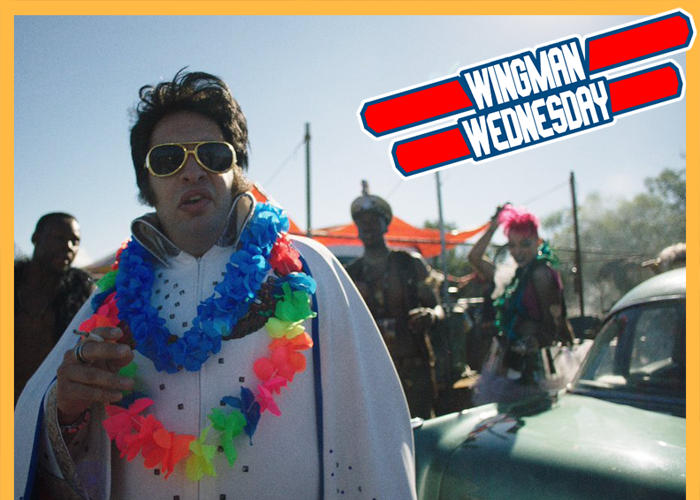
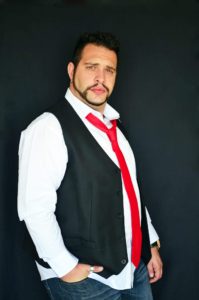 When it comes to capturing the hearts and minds (and appetites) of audiences, the size of the part isn’t what matters, it’s the meatiness of the role itself. For Adam Pelkowitz, the South African actor who portrayed Fat E on the SyFy series “Blood Drive,” meat is exactly what his onscreen contribution lead to. After stopping off for a bite, the jumpsuit-wearing racer was turned into diner “beef” and became the bite. And given their smiles, one could assume that the patrons loved him tender. (Bonus points go to TrunkSpace for flagrant Elvis joke!)
When it comes to capturing the hearts and minds (and appetites) of audiences, the size of the part isn’t what matters, it’s the meatiness of the role itself. For Adam Pelkowitz, the South African actor who portrayed Fat E on the SyFy series “Blood Drive,” meat is exactly what his onscreen contribution lead to. After stopping off for a bite, the jumpsuit-wearing racer was turned into diner “beef” and became the bite. And given their smiles, one could assume that the patrons loved him tender. (Bonus points go to TrunkSpace for flagrant Elvis joke!)
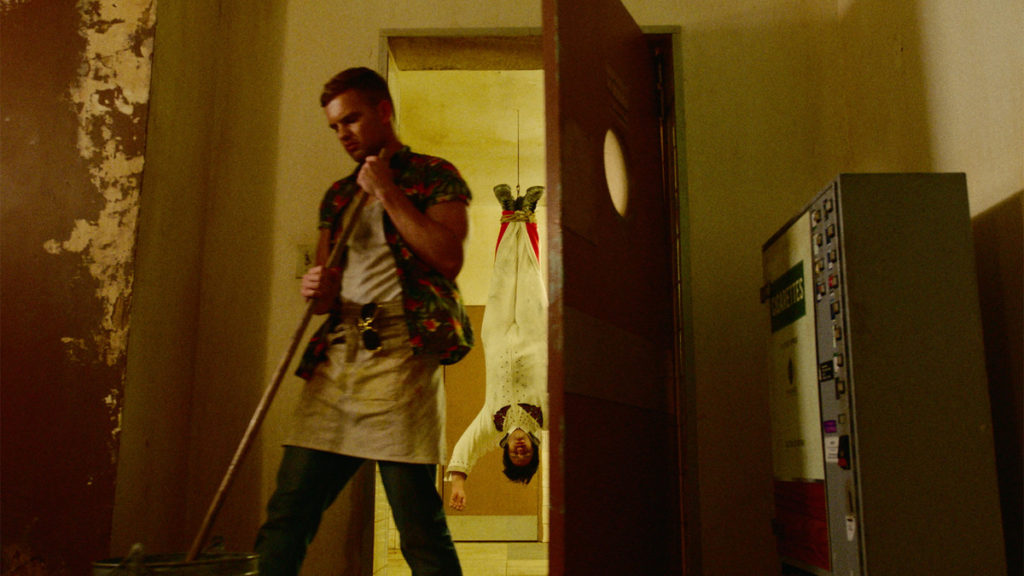
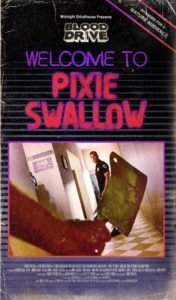 TrunkSpace: What was your most memorable moment working on the series?
TrunkSpace: What was your most memorable moment working on the series?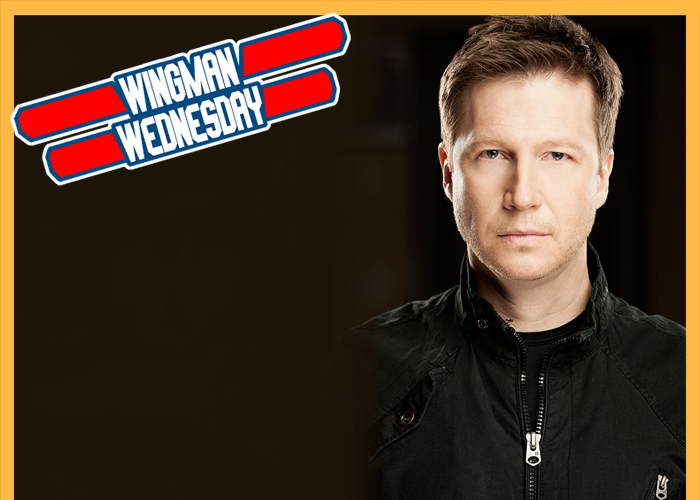
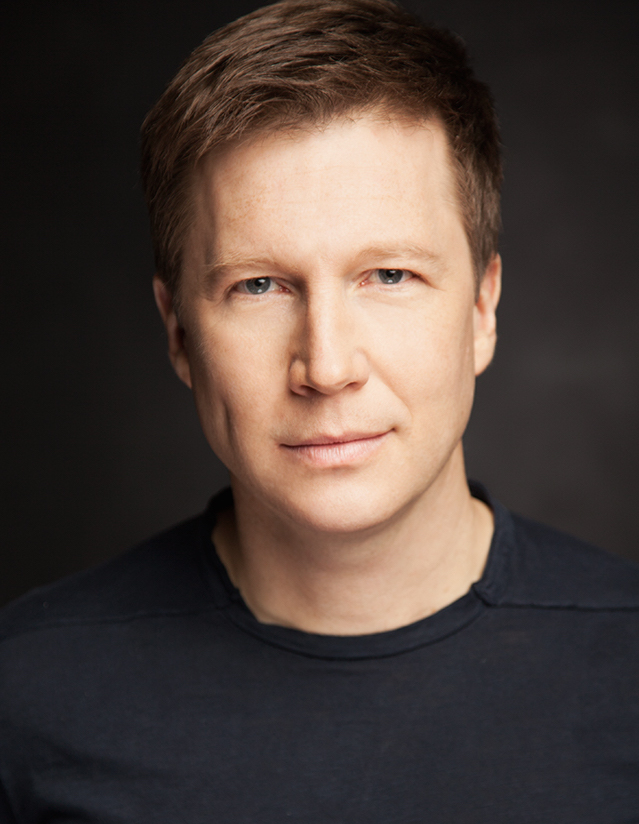
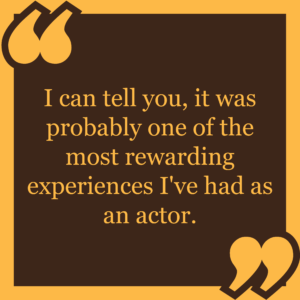 with a disability, knowing that people will dissect it and your choices online?
with a disability, knowing that people will dissect it and your choices online?